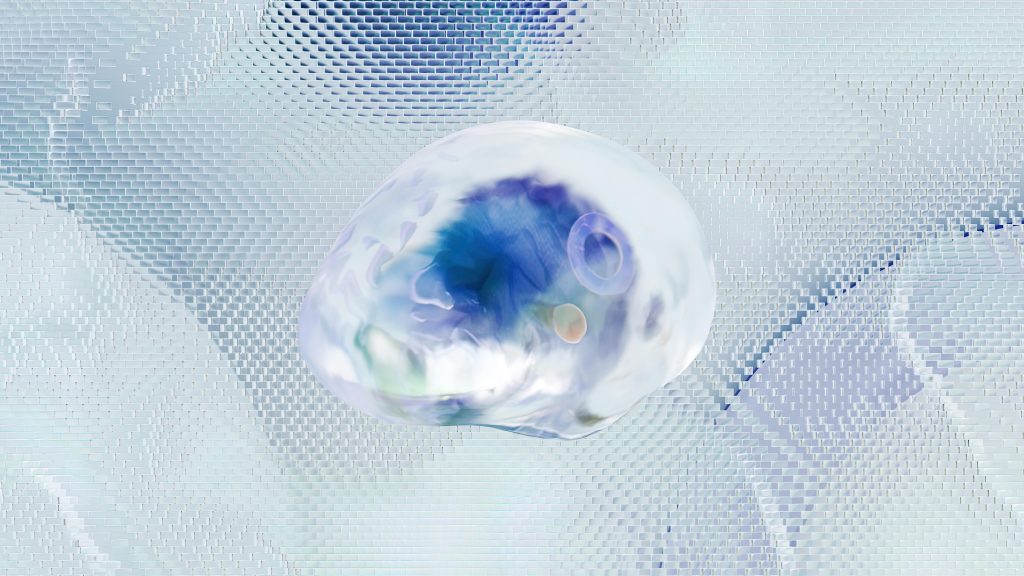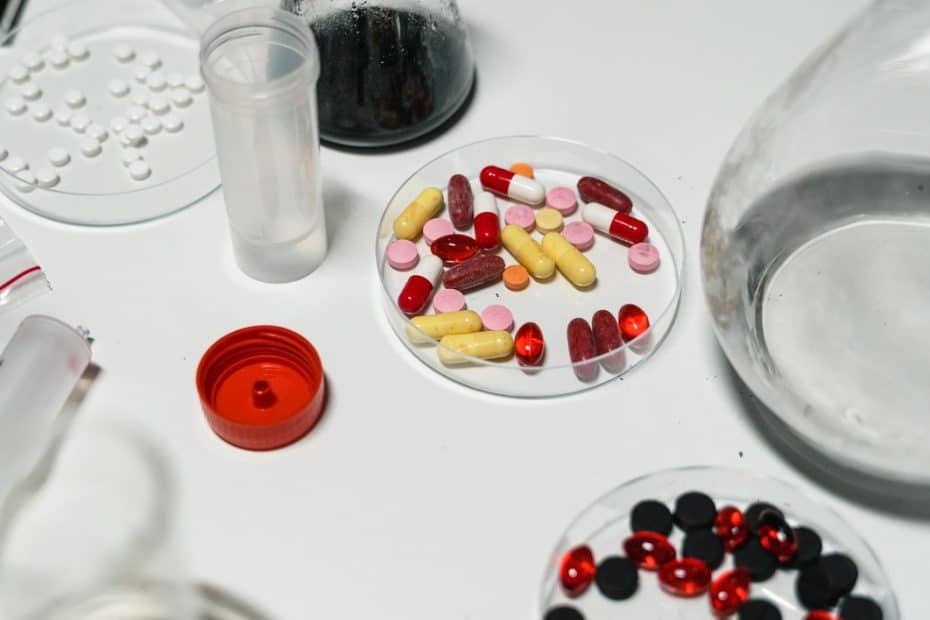Have you ever wondered why some habits feel almost impossible to break? Whether it’s gambling, gaming, sex or another compulsion, these behaviours can gradually rewire the brain’s reward system. Over time, the circuits designed to help us learn and adapt begin to reinforce the very behaviours we’re trying to control.
In this article we’ll explore how behavioural addictions alter brain chemistry and structure, how this affects decision-making and self-control, and how recovery can help restore balance.
How do behavioural addictions affect the brain?
In life, some behaviours can slowly start to take over. What begins as something that brings you joy, can turn into something all consuming. A behavioural addiction happens when everyday actions become difficult to control, even if they’re causing harm. These addictions affect the brain’s chemistry and wiring in ways similar to substance addictions, altering the way we experience reward, motivation and self-control.
In this section, we’ll look at how behavioural addictions develop, what changes occur in the brain, and how recovery can help restore balance.
What are behavioural addictions?
Behavioural addictions are compulsive engagement in rewarding behaviours, despite any negative consequences. The issue isn’t the behaviour itself, it’s when it becomes compulsive and interferes with daily life.
Behavioural addictions trigger the brain’s reward pathways, similar to drugs or alcohol. Some key signs include:
- Cravings.
- Loss of control.
- Prioritising the behaviour.
- Continuing the behaviour despite harm.
Some examples of behavioural addictions include gambling, shopping, pornography, social media, sex, exercise and work.
How they affect the brain
When you’re living with a behavioural addiction dopamine creates reward and reinforcement loop. It rewards the behaviour and reinforces the urge to repeat it, even when it’s no longer healthy.
Overstimulation of reward circuits increases craving and reduces satisfaction, making you want the behaviour even more, even though you’re getting less pleasure from it. Over time, the self-control areas of the brain (prefrontal cortex) weaken over time. This can create habit loops, where actions become automatic rather than conscious choices. Emotional or environmental triggers, which can be things like stress, boredom, certain people or places, can activate these same neural pathways, enforcing urges and making it even harder to resist the behaviour.
In everyday life, this can look like:
- Cravings or urges in response to triggers.
- Spending more time or needing greater intensity to feel satisfied.
- Struggling to stop or control behaviour, especially under stress.
Why are some people more vulnerable to behavioural addictions?
Many people enjoy behaviours, so why do some people develop addictions and not others? Biological and psychological factors need to be considered, things like genetics, impulsivity, and existing mental health conditions like anxiety or depression can increase the risk of developing a behavioural addiction.
Younger people can be more susceptible as the part of their brain responsible for decision-making and impulse control are still developing.
The environment we live in can also be responsible. Modern technology, marketing tactics and social pressures are designed to keep us engaged and rewarded, encouraging us to be more compulsive.
Things like stress, trauma and isolation can also be contributing factors that drive people to seek relief or distraction in these behaviours, creating a cycle that’s hard to break without support.
Can the brain be re-wired after a behavioural addiction?
Our brains are much more adaptable than we give them credit for, and we can form new, healthier connections. This is known as neuroplasticity. Basically it means that even after patterns of addiction have developed, the brain can rewire itself through consistent change and support.
Cognitive behavioral therapy (CBT) and other mindfulness therapies can help people identify potential triggers, manage urges and replace unhealthy habits with positive ones. Good lifestyle choices like regular exercise, good sleep, social connection and structured routines all strengthen self-regulation and emotional stability.
It can also be re-wired by removing triggers, setting boundaries, limiting access and using accountability systems can make recovery easier and more sustainable. While change takes time, with the right guidance the brain is capable of remarkable healing.
Quick FAQs
Is social media or shopping addiction “real”?
Research shows that compulsive use of social media or shopping can affect the brain in similar ways to gambling and gaming addictions. It can trigger reward pathways and reinforcing habits that are hard to break.
Is dopamine the only factor?
No. Dopamine does plays a key role in motivation and reward, but behavioural addictions can also be influenced by other brain systems linked to attention, impulse control and habit formation.
How long does recovery take?
It depends on the person, the behaviour, and the level of support someone is receiving. Many people start noticing improvements within weeks to months of consistent effort and therapy.
Do I have to quit the behaviour entirely?
Not always. Sometimes just reducing and managing the behaviour is enough; for others, complete abstinence may be the healthiest path. It depends on the person.
Take the next step
Changing patterns of behaviour takes time and requires the right level of support. At The Bardo, our team offers a personalised, evidence-based approach to recovery. We’ll help you understand the science behind your habits and guide you toward lasting change.
If you’re ready to take the next step, reach out for a confidential chat.



